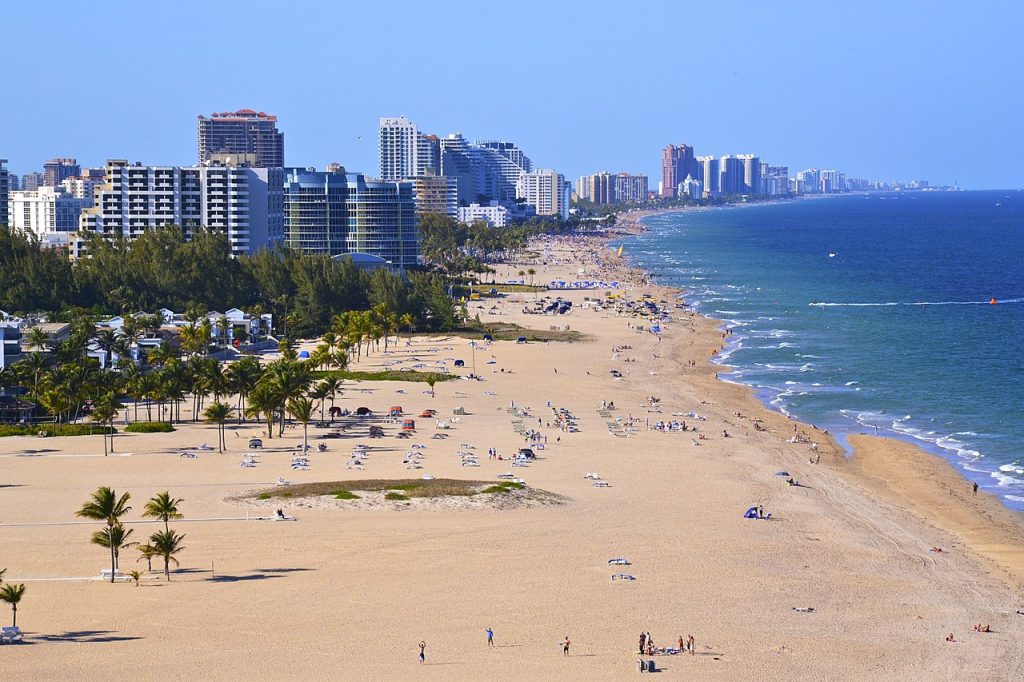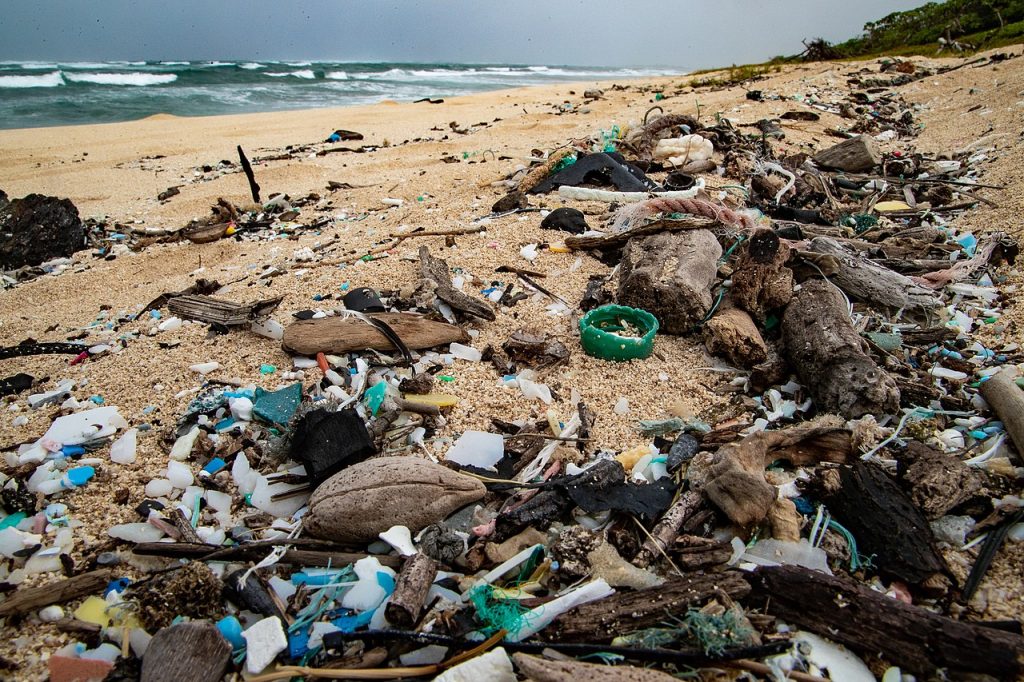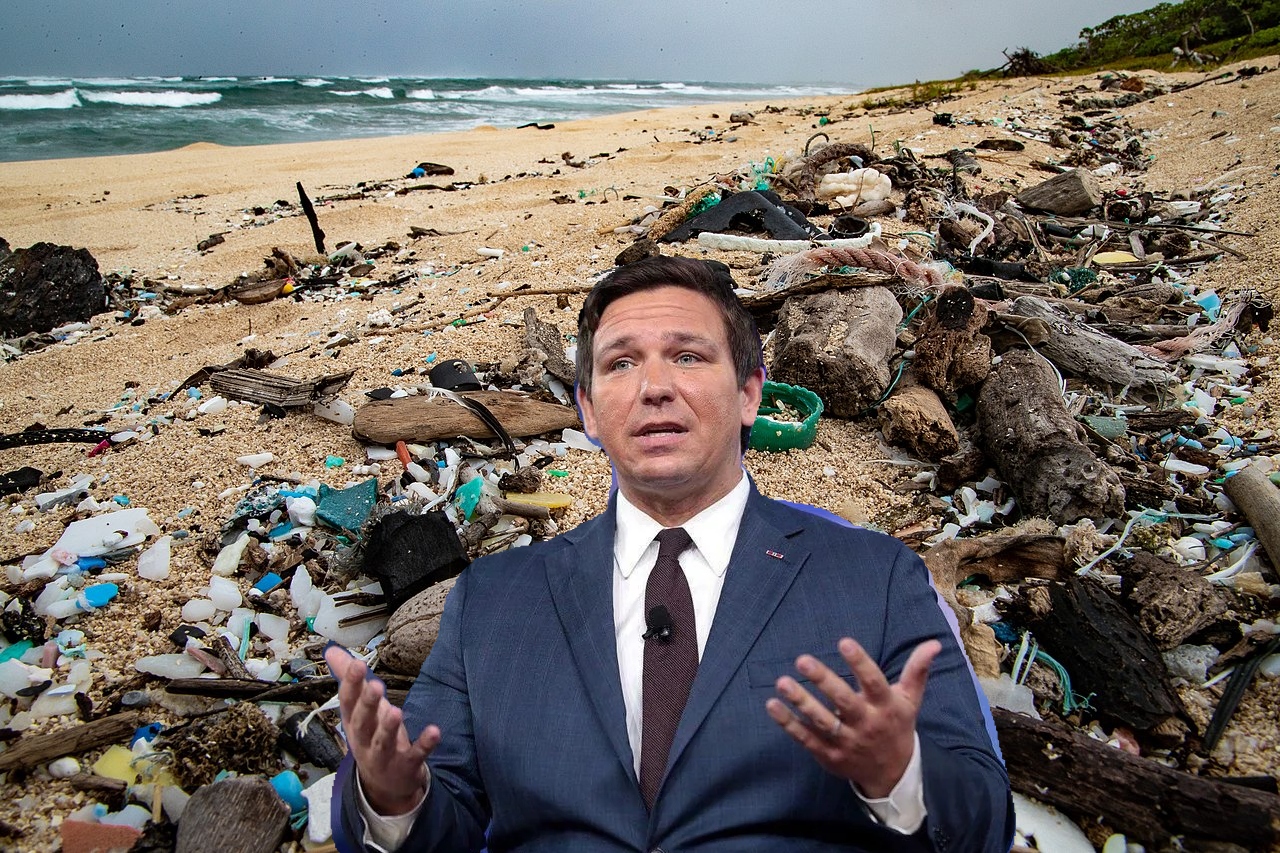Florida Governor Ron DeSantis has decided to veto a bill that would have allowed the state to shut down beaches if the water was found to be polluted. This decision comes just two months after Floridians were warned not to swim in certain areas due to contamination from fecal matter.

If the bill had been approved, local beach authorities would have had to inform the Florida Department of Health (DOH) whenever water tests showed pollution levels above health standards. The DOH would then have had the power to close those beaches to protect public health.

However, in his veto letter, DeSantis said the bill had a serious flaw because it gave too much power to the DOH. He argued that local governments, not the state, should have the final say on whether beaches should be closed.

DeSantis explained, “Health departments can be helpful, but they shouldn’t have the power to override local decisions about beaches.” He also emphasized that his administration is committed to water quality and protecting Florida’s natural resources.

Recently, the Florida Department of Health in Palm Beach County issued health warnings for Dubois Park, Sandoway-Delray Beach, and South Inlet Park on June 13. Tests showed high levels of bacteria in the water, which put these beaches in the “poor” category for water quality.

The Environmental Protection Agency (EPA) considers water in the “poor” category a potential health risk for swimmers. Earlier, at the end of April, the same health department advised people not to swim at several other beaches, including Midtown Beach and Dubois Park in Jupiter, because of high levels of enterococcus bacteria, which indicates fecal contamination.

Enterococcus bacteria, while not usually harmful to humans, can signal the presence of other dangerous germs like viruses and parasites. These germs can increase the risk of illness for swimmers, especially in waters with high levels of bacteria.

Health experts worry that without the bill, it will be harder to ensure quick and consistent responses to water quality issues. This could lead to more health risks for people who swim at Florida’s beaches.

Governor DeSantis’s decision highlights the ongoing struggle in Florida to balance environmental protection with governance. The state’s beaches are crucial for tourism and recreation, but they are facing growing pollution problems due to climate change and urban development.

Moving forward, it’s important for state and local authorities to work together to protect the health and safety of beachgoers. While local governments will continue to oversee beach operations, effective and timely actions are needed to address water quality concerns. Governor DeSantis has promised to keep focusing on water quality issues, but his decision shows how complicated it is to manage Florida’s extensive coastline. Collaboration between state and local authorities will be key to ensuring the well-being of everyone who enjoys Florida’s beaches.





